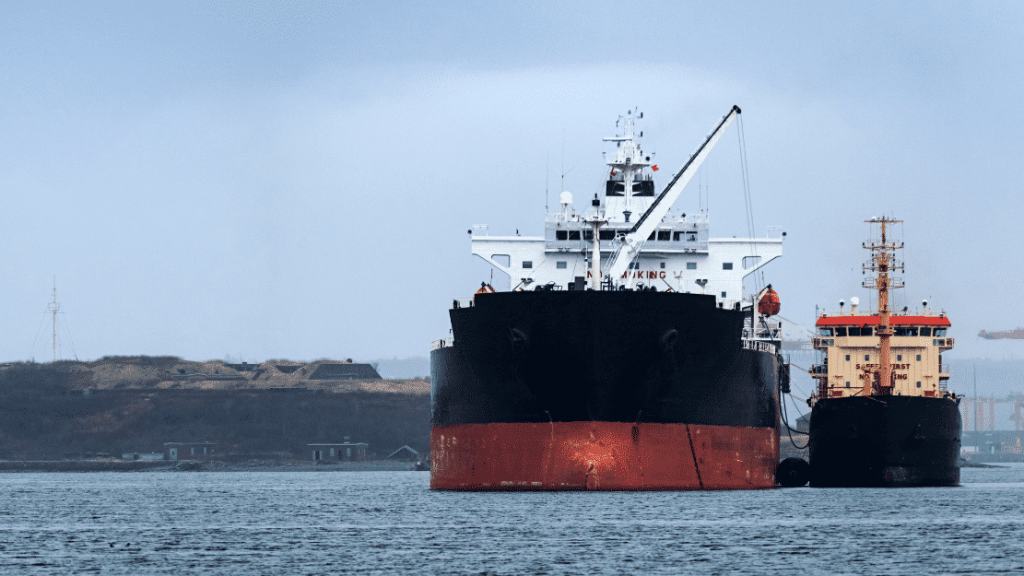
Contamination of bunker fuel at various ports in Europe and detection of contamination through detailed testing of bunker fuel
In recent times, there has been a drastic increase in Bunker fuel contamination issues
worldwide. In Europe, Amsterdam and Rotterdam ports have reported contamination in the
VLSFO fuel supplied. Contamination of bunker fuel can be extremely problematic and
expensive to ship owners and managers. Problems such as damage to the engine, power
and efficiency loss, and wear and tear of internal parts can be serious concerns as they
could lead to potential human and environmental catastrophes.
Through Bunker Fuel Analysis, It was reported that ships in the vicinity that were loading the
contaminated fuel were facing issues such as excessive wear on fuel pump plungers,
barrels, and injectors. It was also reported that one of the vessels had to be towed due to
fuel system damage as the engine was unable to handle the burden. This issue was
attributed to the unprecedented 60 percent increase in fuel prices that year to the increasing
fuel quality problems.
Detailed testing and analysis of the bunker fuel samples pointed out that the amount of
volatile organic compounds found in the fuel samples ranged up to 40,000 parts per million
(ppm), or 4% overall. These compounds included phenols, styrenes, alcohols, and ketonic
compounds. It was also noted that the contaminated fuel had elevated total acid levels and
deposits due to extremely high potassium levels.
A similar case of contaminated fuel was also reported in Singapore where it was discovered
that more than 120 million dollars worth of bunker fuel was contaminated. The fuel supplied
contained chlorinated hydrocarbon. It was found that the fuel supplied came from a particular
tanker that was loaded in UAE. Over 100 vessels were found to have received contaminated
bunker fuel from two different suppliers. This created huge problems for a lot of ships and
could have been avoided by detailed pre-testing of the fuel samples.
As such cases are getting more common, it is prudent for ship owners and ship managers to
detect these contaminations before the ship bunkering process. It would be of great benefit
for the sample to be pre-tested at an Internationally accredited lab so as to avoid
unnecessary damage to the ship and its engine and have clarity about the fuel before the
bunkering process.
Atlas Lab is a leading testing and inspection Laboratory in the industry, for any
testing-related inquiries please mail at contact@atlaslab.in and visit our website here.




